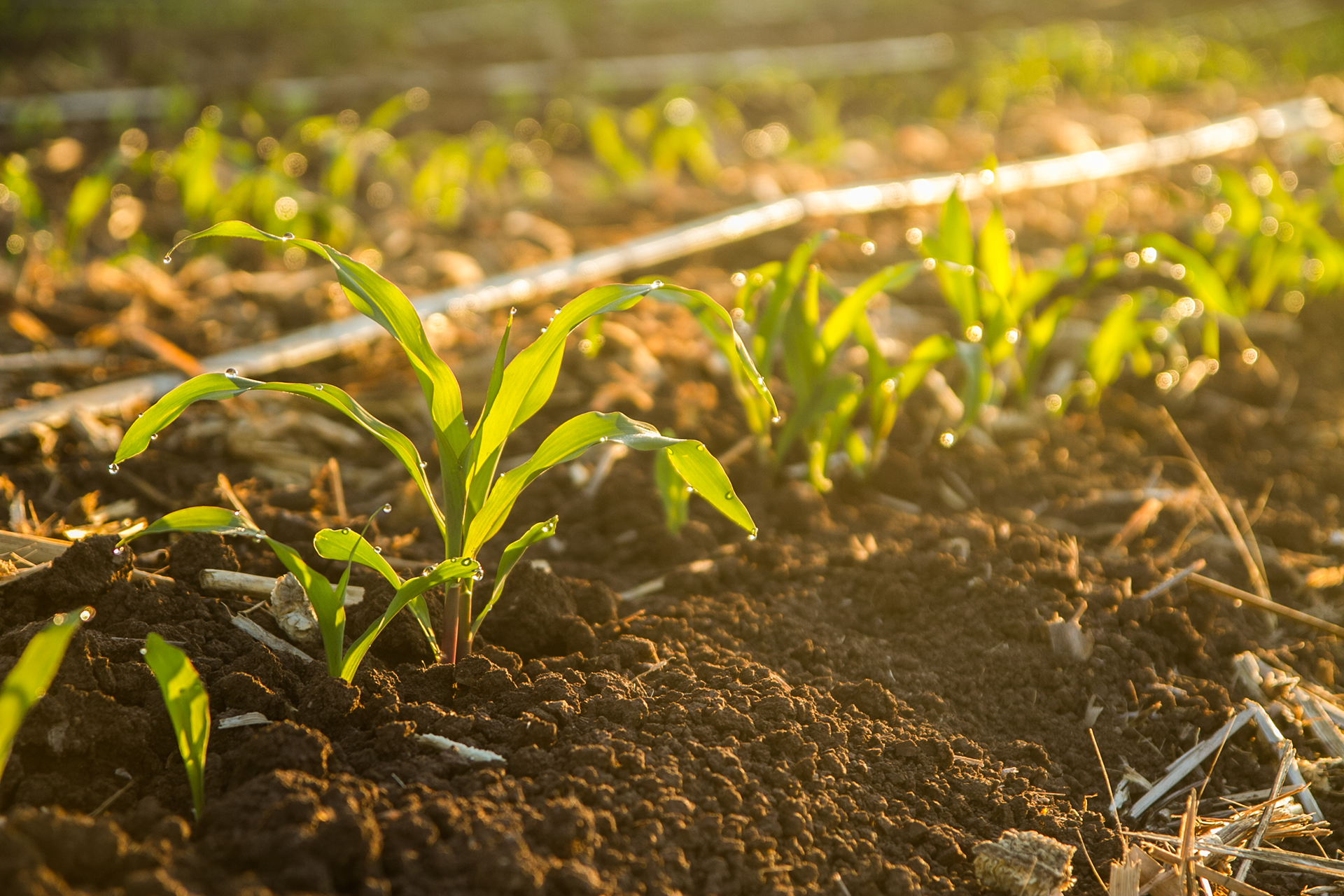The Development Bank of South Africa (DBSA) and Food & Trees for Africa (FTFA) broke new ground with partner RLabs, on a cross-sectoral initiative which leverages multi-stakeholder expertise during this year’s Arbor month. The strategic collaborative initiative aims to promote agritech skills and innovation among youth in South Africa.
“There is currently a global agri-tech trend, and initiatives like this are necessary to ensure that South Africa is part of the Fourth Industrial Revolution (4IR),” explains Lunga Schoeman, Programme Manager, CSI .
“I have faith in the innovative and creative abilities of our youth in this field; they just require the appropriate tools and support.” The ground breaking event took place on 6 September 2024 during Arbor Week and is the start of the initiative which saw 80 fruit trees planted. Key to this initiative are a number of strategic partners across private and public who will be collaborating in key areas. These include RLabs – an award-winning non-profit that, through their Academy and Innovation Labs, equip youth and communities with digital skills. DLABS – A funding arm of DBSA that provides communities with training and learning of future skills and job-ready skills, youth employment opportunities.
Food & Trees for Africa (FTFA), a leading nonprofit organisation in the environmental sustainability and food security field and the City of Cape Town – who have provided the land for the initiative. This initiative represents the first of many transdisciplinary community developments that DBSA is spearheading as part of its long-term commitment to fostering social responsibility and sustainable development.

Innovation and agritech at the forefront
In line with the rapidly growing agritech sector, this project focuses on solutions relevant to smallholder farmers, carbon, and sustainability. Technology Stack and Open Source Platforms – The technology stack for this initiative is agnostic, leaning it is not limited to specific technologies. However, all of the hardware and software solutions will be developed on open-source platforms. Utilisation of the Internet of Things – The solutions will be geared towards utilising the Internet of Things (IoT). This involves developing hardware and software solutions around water conservation, smart agriculture, and market access. Affordability and Scalability – It is crucial that the technologies developed are cheap and affordable. This will allow for scaling across the agri sector and potentially even deployment within other African countries.
About the Learning Park and the Role of Trees
The learning park includes 3 components:
1. Enterprise Orchard: In South Africa, the fruit tree industry is highly developed. To support emerging farmers, an aesthetically designed orchard has been created using a high density system. The fruit trees are carefully selected and grown on specific rootstocks. The main objective of this orchard is to develop and test various technologies related to automation and monitoring. These technologies include moisture sensors, centralised irrigation systems, and potentially even AI-linked pest and pathogen control. By implementing these advancements, the orchard aims to improve efficiency and productivity while ensuring the health and quality of the fruit trees. This project is a step towards modernising the agricultural practices in South Africa.
2. Production Area: A bio-intensive food garden will be established to develop technologies relevant to small holder farmers. This project will focus on automated measurement and data collection. One additional benefit of this initiative is that the organic vegetables grown in the garden will be made available to the RLabs kitchen. Furthermore, there is potential for donations to Early Childhood Development (ECD) centres in the area.
3. Recreational Area: Incorporating trees into the learning environment can have a positive impact on the well-being, health, and productivity of RLabs staff and learners. Providing an outdoor area where they can sit, code, and enjoy the view of trees and gardens will enhance the learning experience.
Looking Ahead
This launch signifies the start of a bold journey for DBSA and its partners. As the programme progresses, DBSA will maintain a strategic leadership role, ensuring that stakeholders collaborate and coordinate effectively to address the intricate challenges faced by South African communities.









